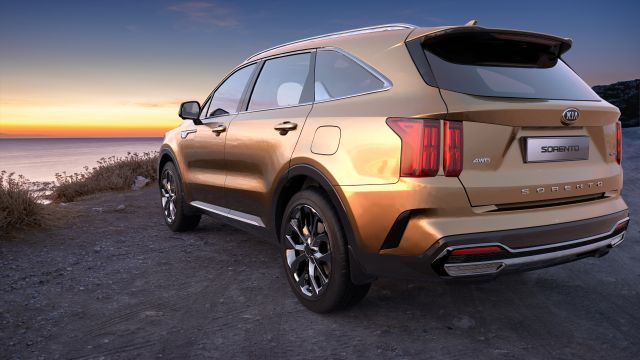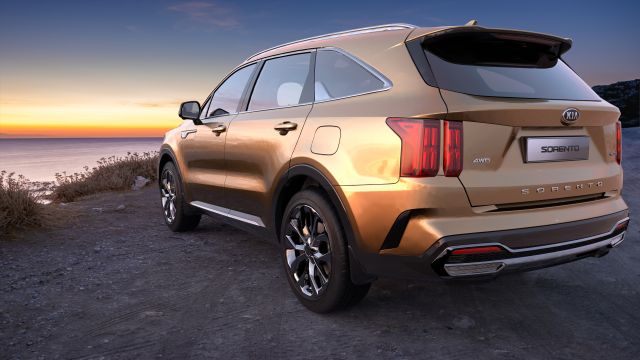A Kia Sorento is a vehicle that has proven to be reliable and fun to drive. It is comfortable, powerful, and handles well. It has a high-quality engine that is capable of providing enough power for most drivers. However, it is important to understand how the engine works as it will help you identify problems when they arise.
Connect with a verified mechanic in minutes. No appointments. No high fees. No waiting. Get back on the road and enjoy the ride.
For example, a 4WD system will help the vehicle move better in all kinds of weather. However, it is important to know how the system works so that you can figure out what might be wrong with it. If you want to learn more about how this system works, keep reading below.
Common Kia Sorento 4WD Problems
The following are some of the most common causes of a Kia Sorento 4WD not working:
Bad actuator pump
If you are not able to drive the 4WD in your Kia Sorento, it may be caused by several different problems. Most problems with these vehicles are caused by a faulty front differential pump. Pump forces air into the differential which opens and then forces air out. This causes it to drive. If the pump fails, it cannot put out pressure that causes the gearbox to engage.
Pump is located in the front passenger compartment of your Kia Sorento. It pumps air into the differential when it is needed and drives the car. If the pump fails, the 4WD system will not engage. You can disconnect the air line that feeds the pump to the engine and measure the pressure. If it is not providing enough pressure, you will have to replace the pump. It should be providing pressure that is around 5 to 7 PSI. If it is less than that, you will have to change the pump so it’ll start working again.
Damaged chassis
If you have enjoyed a few adventures in your 4WD vehicle, you will likely have encountered some pretty rough terrain. Cracks can form in the chassis as a result of repeated rough terrain and, as a result, rust can also start to form. Rust needs to be treated as soon as possible, to prevent further damage. After the area where the problem is, you should know about lubricating rubber for your 4WD to prevent further damage and 4WD problems.
Connect with a verified mechanic in minutes. No appointments. No high fees. No waiting. Get back on the road and enjoy the ride.
Bad fluid levels
Fluids provide necessary cooling and lubricating properties to the diff gears. It is not unusual for the oil in your diff to start to degrade over time, like other oils in your vehicle. If water is present in your diff, it can cause this process to occur much quicker. Use an oil that is of a good quality to prevent the diff from freezing up when it is below freezing.
When your diff starts making weird noises, it is because the oil in the diff is leaking and no longer lubricates the gears, causing metal to rust. When you hear grinding sounds while cornering, it is a sure sign that you have a dry, un-lubricated diff. Always check for oil leaks before and after you go out on any off-road trip.
Max Anthony
Max is a gizmo-savvy guy, who has a tendency to get pulled into the nitty gritty details of technology and cars. He attended UT Austin, where he studied Information Science. He’s married and has three kids, one dog and a GMC truck and a Porsche 911. With a large family, he still finds time to share tips and tricks on cars, trucks and more.
Review engine, brake issues, error codes and more with a Mechanic Online in just minutes.
Ask a Mechanic Live Now




